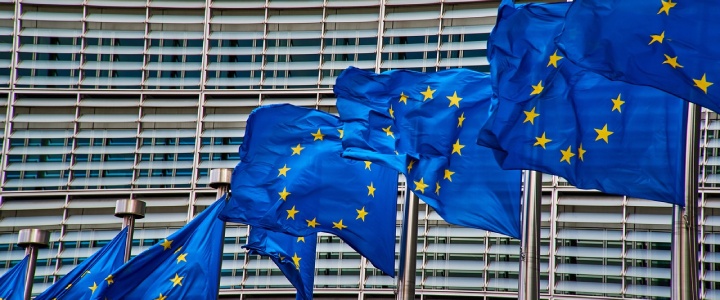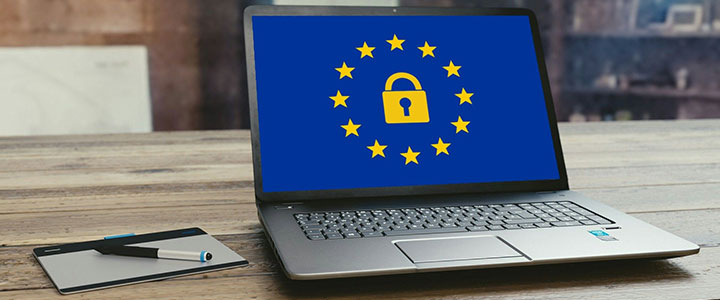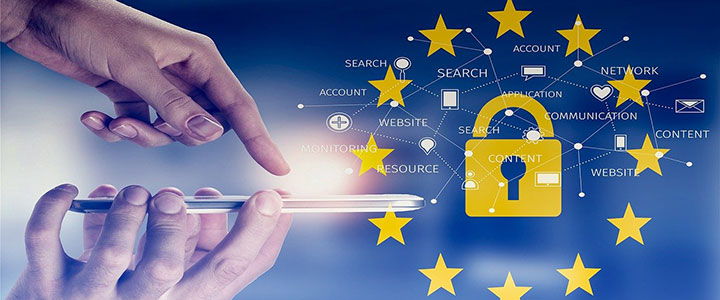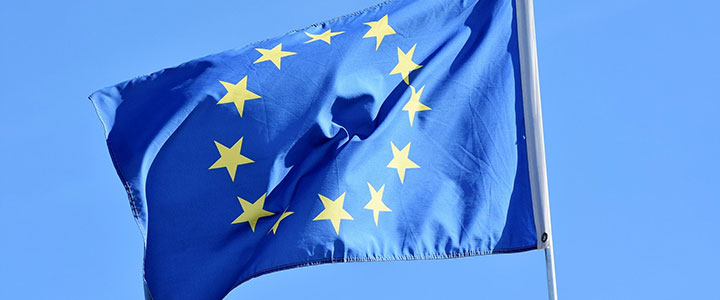Bringing back a style that has been absent for decades, what is being called the “Letta report” – drafted by former Italian Prime Minister Enrico Letta on behalf of the European Council – is causing a major stir in European institutions. In part, it is a much-needed self-criticism. But it is also in part a wake-up call for the parliamentary majority that will emerge from the upcoming European elections and, with it, the shaping of the new College of Commissioners. Letta brings back one of the basic concepts on which all European politics must pivot, which is the “single market”, and what he defines as “five basic freedoms”: the ones that Jacques Delors formulated in his day – the free movement of people, goods, services and capital – and adding a fifth related to research, innovation and education.
Read moreThe ‘Letta report’ and the European digital transition: An intelligent wake-up call






